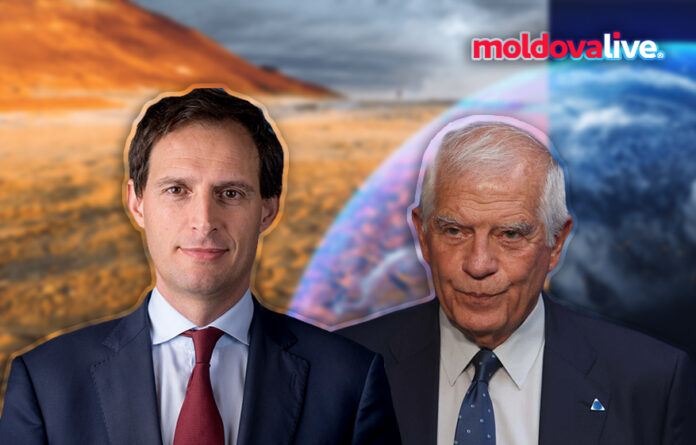In a recent warning, the Secretary-General of the United Nations, António Guterres, emphasized that current trends are leading the planet towards a dead-end, with a three-degree temperature increase. In a strong statement, European Union officials acknowledged the existential threat posed by climate change to humanity and underscored the need for decisive action at the United Nations Climate Change Conference (COP28), currently underway in Dubai.
Climate change has become a major multiplier of risks for conflict and instability. Extreme weather events, such as floods and heatwaves, have annually forced the displacement of over 20 million people since 2008. Projections until 2050 indicate that over a billion people may have insufficient access to water, and over 200 million could be forced to migrate.
The European Union has recognized its responsibility in the fight against climate change and is committed to becoming climate-neutral by 2050. Through the European Green Deal, the EU aims to reduce greenhouse gas emissions by at least 55% by 2030 and increase renewable energy capacity. A crucial element of the strategy is the implementation of the Carbon Border Adjustment Mechanism (CBAM) to ensure that imports with high carbon intensity are subject to a carbon price.
The European Union is committed to supporting developing economies in their fight against climate change. Through public funding and significant contributions, the EU and its member states have already provided €28.5 billion ($30 billion USD) in 2022 for combating climate change. Additionally, the EU aims to mobilize $100 billion annually for global adaptation and mitigation measures, surpassing the existing commitment until 2025.
FOR THE MOST IMPORTANT NEWS, FOLLOW US ON TWITTER!
At the same time, international financial institutions and multilateral development banks must be reformed so that they can better support the provision of global public goods. And the new Loss and Damage Fund needs adequate financial firepower. The initial substantial promises are encouraging. In this regard, China will be an indispensable partner.
The ecological transition must be fair and beneficial for all. In the face of global existential challenges, EU leaders Josep Borrell and Wopke Hoekstra call for international cooperation to achieve the goals set at the Paris Agreement COP21. In a multipolar world, this call to action is an appeal for unity and collaboration, demonstrating that multilateral institutions can still offer solutions to global threats.
As negotiations at COP28 continue, the world awaits decisive outcomes and the necessary global commitments to avoid catastrophic consequences of climate change. The European Union assumes a key role in this global effort and is committed to remaining at the forefront of the fight against the climate crisis.


